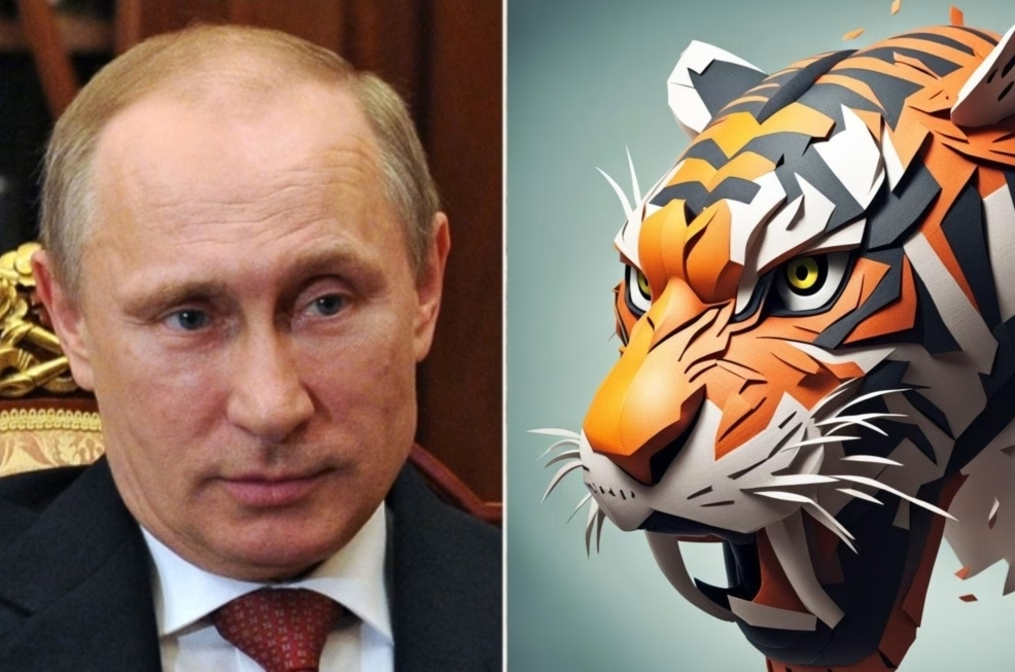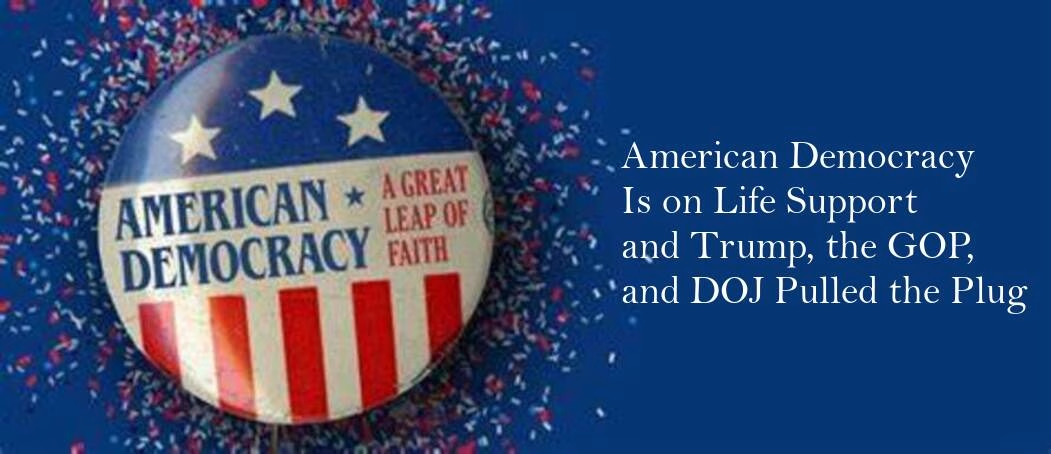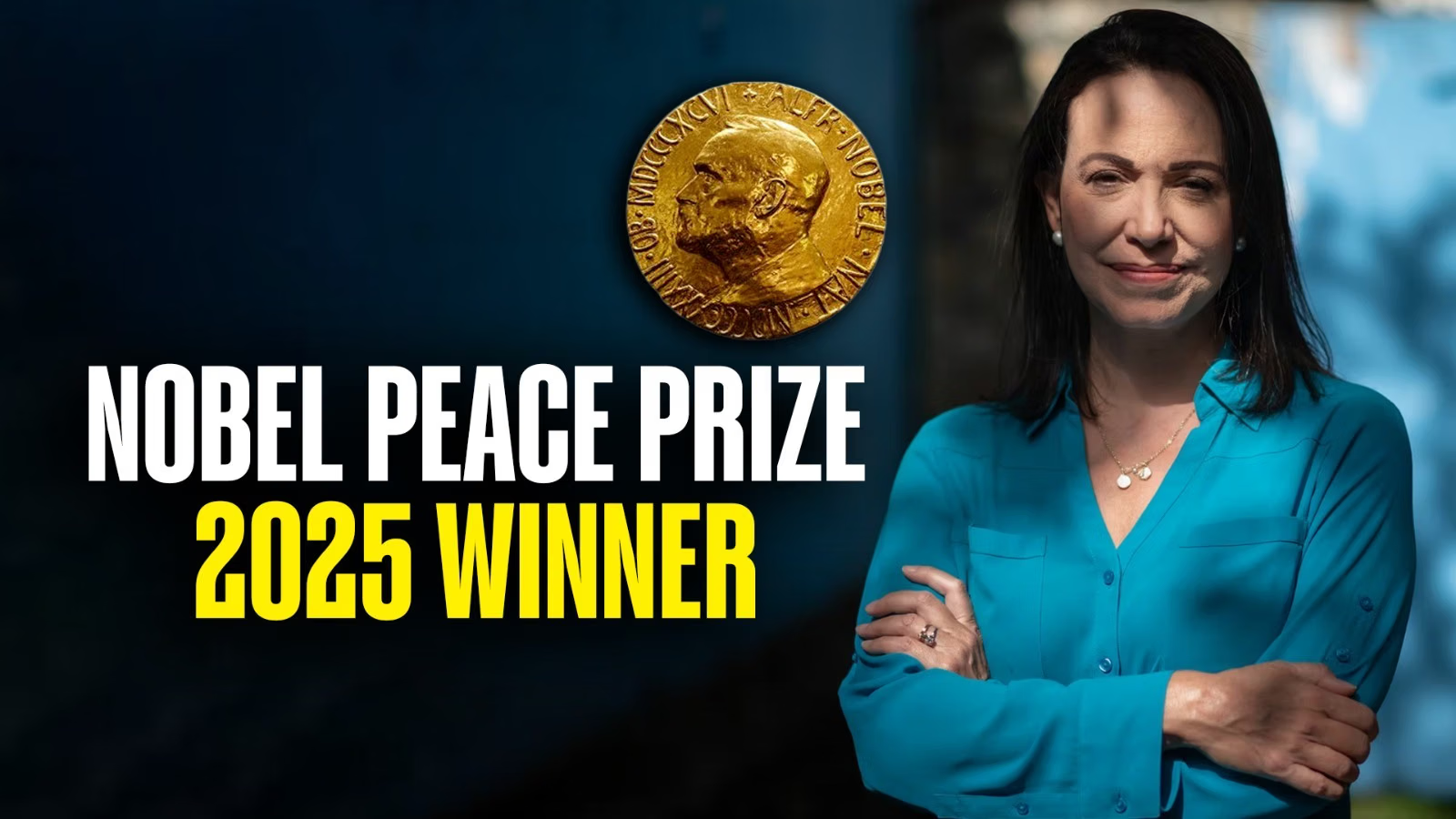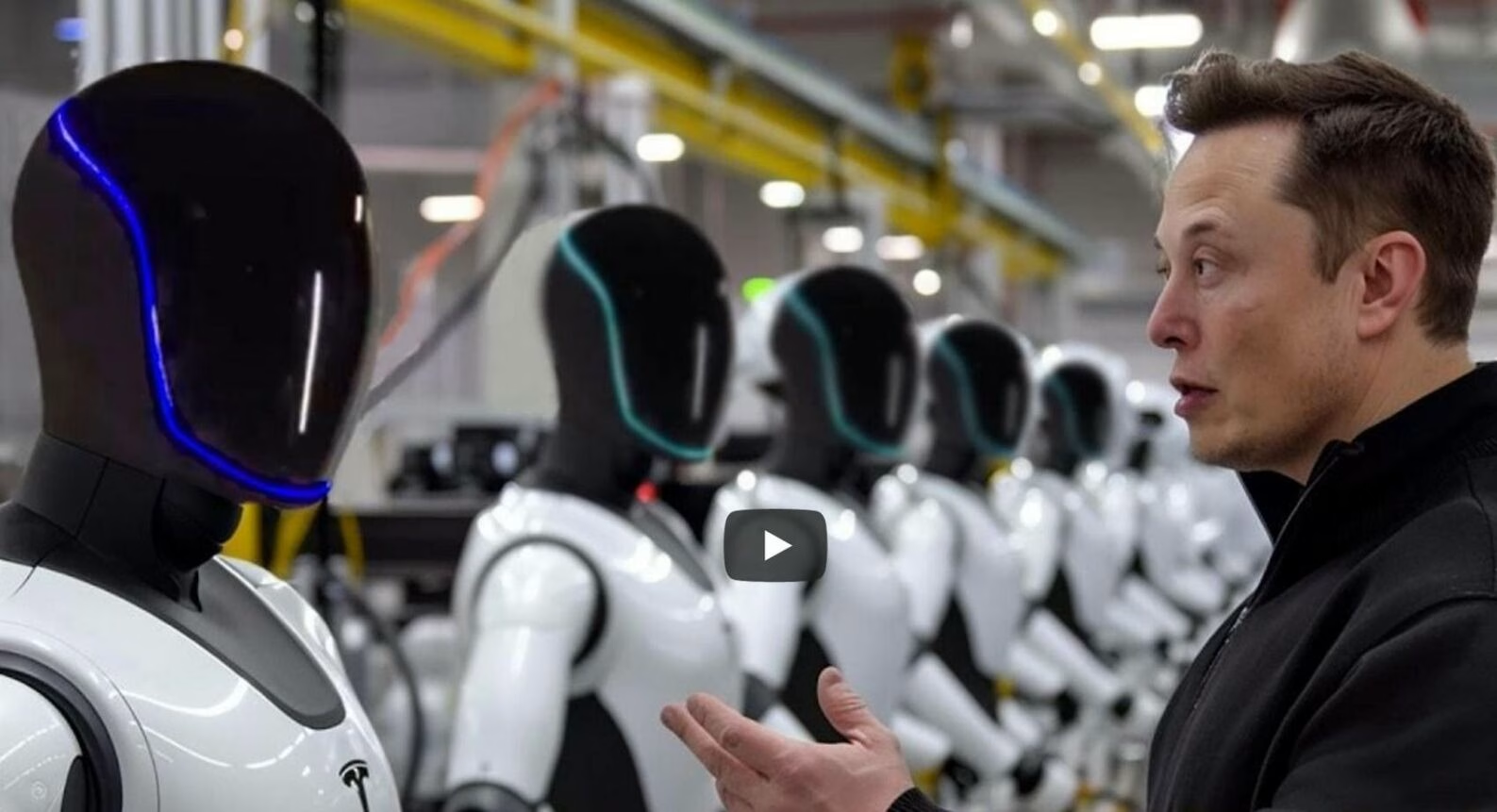By Ben Emos | Thursday, September 25, 2025 | 6 min read
Donald Trump has never been shy about using sharp turns of phrase, but when he recently characterized Russia as a “paper tiger,” it landed with a resonance that surprised even longtime observers of his political theater. In a season when headlines are dominated by war, economic anxiety, and a general sense of global unease, this comment came across almost like a punchline—unexpected, cutting, and oddly clarifying.
For some, it was the kind of rhetorical jab that deserves applause, a moment where Trump seemed to puncture the inflated image of Russian strength with a few well-chosen words. If he keeps at it, if he consistently points to the cracks in Russia’s economic foundation instead of inflating its menace, some half-jokingly suggested he might even be worthy of a Nobel Prize for blunt honesty.
Trump’s remark surfaced in the aftermath of his meeting with Ukrainian President Volodymyr Zelensky at the United Nations, a setting already loaded with symbolism and political weight. The irony wasn’t lost on observers. This was the same Trump who had once declared, with typical bravado, that he could bring the war in Ukraine to an end “within hours”—a statement many dismissed as yet another of his sweeping, unrealistic promises. Yet here he was, striking a sharper, more definitive tone. During the bilateral session with Zelensky, Trump was asked whether NATO nations should take direct action if Russian aircraft violated their airspace. His reply was as blunt as it was unhesitating: “Yes I do.”
Yet here he was, seemingly pivoting, openly mocking the very war machine that had defined much of Russia’s image over the past three and a half years. It marked a notable shift: no longer flattering Vladimir Putin or hinting at quick deals, but calling out Russia’s faltering economy and stretched military with the sort of language that bites deeper than diplomatic condemnations.
From Moscow, the response was swift and defensive. Kremlin spokesman Dmitry Peskov repeated Russia’s mantra about its so-called “special military operation,” insisting the country was fighting for its national interests and for “many generations to come.” Peskov’s words painted the conflict in grand, almost eternal tones, as if to suggest that Russia had no choice but to stay the course. But the reality he couldn’t fully obscure is that the war has dragged on since February 2022, killing tens of thousands, devastating cities across eastern and southern Ukraine, and forcing millions of civilians to flee.
Despite that destruction, Moscow’s progress has been halting. Russian forces control about one-fifth of Ukraine, including Crimea, annexed back in 2014, but the quick victory Putin once seemed to expect never materialized. Instead, both armies have endured staggering losses, and Russia’s military—once portrayed as nearly unstoppable—has shown weakness after weakness. That was the heart of Trump’s jab: the idea that the vaunted Russian bear may look imposing but lacks the claws to deliver a decisive blow.
In a Truth Social post, Trump even speculated that Ukraine might not only take back its territory but perhaps “go further than that.” To Peskov and the Kremlin, such talk was fantasy, but what rattled Moscow wasn’t just the suggestion—it was the framing. To be called a “paper tiger” is to be mocked, to be dismissed as a bluffer, and Russia bristled at the label.
Peskov pushed back with a metaphor of his own, insisting Russia was more like a bear, a real one, and scoffing that “paper bears don’t exist.” Still, he couldn’t deny the economic strain. Inflation is stubborn, growth is stalling, and Russia’s finance ministry is openly talking about raising taxes to cover the spiraling costs of war.
That strain has not gone unnoticed in Kyiv or Washington. Both have sought to squeeze Moscow further by targeting its vital energy exports, the lifeblood of Putin’s war chest. Ukrainian drones have struck oil refineries deep inside Russia, setting off fires and rattling confidence. Other attacks have hit port cities like Novorossiysk, where civilians have died, underscoring that Russia’s own territory is not immune from the violence it unleashed.
Meanwhile, Moscow has also faced accusations of crossing NATO airspace with drones and jets, incidents that many in Europe view as deliberate provocations, small tests of how far the alliance can be pushed. Trump, always fond of bold declarations, suggested NATO should simply shoot down those planes. Peskov dismissed that as “hysteria,” but the very need to respond showed how seriously Russia takes the perception of weakness.
For Trump, the irony is sharp. This is the same leader who once tried to forge a warmer relationship with Putin, the same man who questioned NATO’s value. Now, in words at least, he is sounding almost hawkish on Russia, more aligned with Zelensky’s urgent pleas than with Moscow’s bravado. Zelensky himself called the comments a “big shift,” though in Ukraine, reactions were cautious. On the streets of Kyiv, people welcomed the words but wanted proof that they would lead to action—more weapons, more sanctions, more tangible support.
Ordinary Ukrainians expressed the sort of weary skepticism born from years of war. One man dismissed Trump’s comment as just another opinion from a politician who changes positions by the hour. A woman voiced hope that the United States would finally assume its role as guarantor of peace, but her words carried a quiet longing rather than confidence. The hunger is not for quips or metaphors but for real aid that can stop the suffering.
What lingers after Trump’s “paper tiger” line is the strange mixture of humor, mockery, and uncomfortable truth. Russia does retain enormous military capabilities, nuclear weapons chief among them, and its control of Ukrainian territory is no illusion. But the longer the war drags on, the clearer it becomes that Putin’s ambitions have outstripped his resources. In that context, Trump’s joke isn’t just a joke. It’s an acknowledgment that the image of unstoppable Russian strength is as fragile as the paper it’s printed on.
And yet, in typical Trump fashion, the question remains whether this was a genuine turning point in his thinking or just another moment of improvisation. His history is littered with dramatic statements followed by equally dramatic reversals. Still, sometimes it only takes a single phrase to puncture a myth. Whether or not Trump earns prizes or headlines for it, calling Russia a paper tiger may end up being one of those rare lines that sticks, reshaping how people talk about the war and about the man who never seems to run out of punchlines.
More From FeDlan News:
Why Putin May Resist Peace in Ukraine: Fear of Weakness and Exposure at Home
Nexstar, Sinclair Refuse to Broadcast ‘Jimmy Kimmel Live!’ Following ABC Return
Is Trump Correct to Designate Antifa but Not the KKK or Neo-Nazis as Terrorist Organizations?
America Must Mourn All Victims of Gun Violence, From the Forgotten to the Famous Like Charlie Kirk
Would Google Cave to Trump and Remove Jimmy Kimmel Despite His 20 Million YouTube Subscribers?






